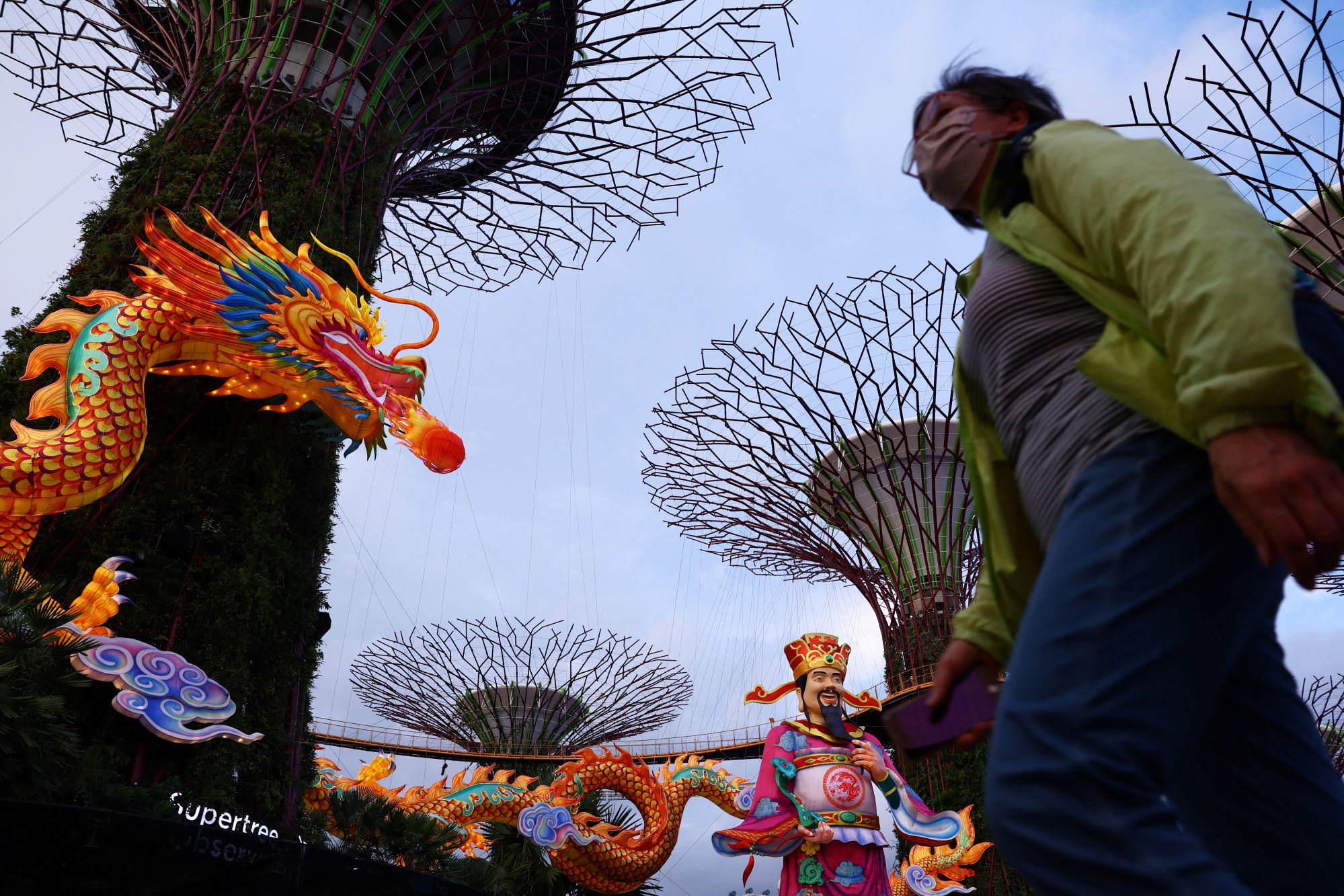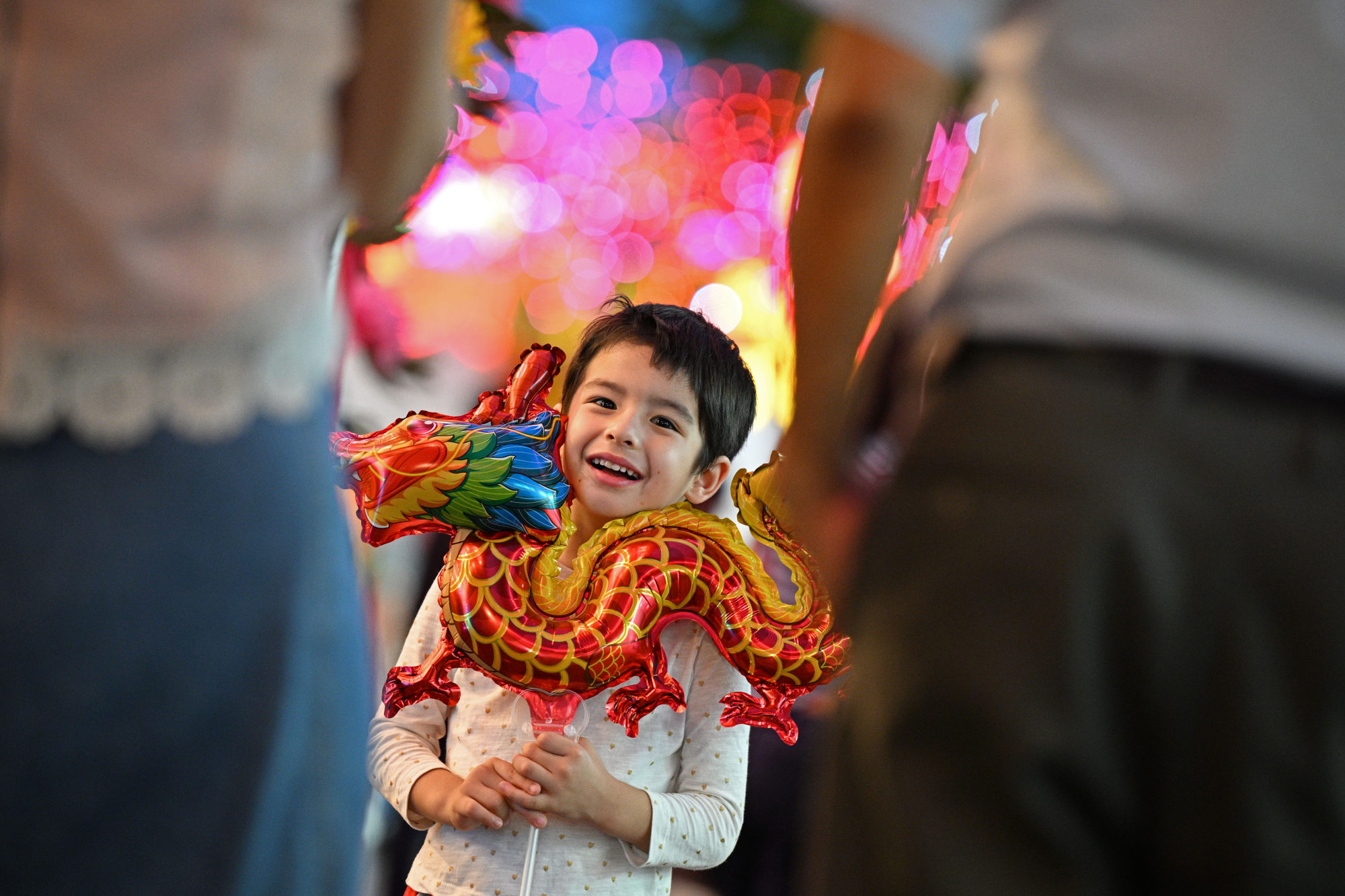Like Lee, Stephanie Ho, 37, who is eight months pregnant with her second child, is also worried that her child would have to compete with more people in school.

Ho, a teacher, said there would typically be “at least one more class” for primary school kids born in past dragon years – such as 1988, 2000 and 2012.
The Chinese zodiac has a 12-year cycle and is represented by 12 animals – the rat, ox, tiger, rabbit, dragon, snake, horse, goat, monkey, rooster, dog and pig.
“If every primary school has one more class [for those born in the dragon year], how many more babies are there?” she said.
Social egg freezing: can it help boost Singapore’s flagging birth rate?
Social egg freezing: can it help boost Singapore’s flagging birth rate?
Those born in the Year of the Dragon have auspicious qualities, according to David Goh, a feng shui master and founder of fengshui consultancy Imperial Harvest.
“Dragon babies, irrespective of gender, inherit auspicious qualities deeply rooted in the principles of feng shui, embodying the harmonious balance between strength, intelligence, and charisma that heralds prosperity and success in all aspects of life,” he said.
In 2000, the birth rate in Hong Kong increased by 5 per cent and in 2012, China saw births rise by 950,000, official statistics revealed.

Singapore’s total fertility rate in 2012 rose to a five-year high of 1.29, according to official data. In 2000, the total fertility rate inched up to 1.6 from 1.47 in 1999.
“Many Chinese families consider a child born in the year of the dragon to be especially auspicious, the dragon being a symbol of power, strength and good fortune,” he said.
“So now is as good a time as any for young couples to add a ‘little dragon’ to your family.”
Australia joins Singapore, China, Japan in tackling woes of an ageing population
Australia joins Singapore, China, Japan in tackling woes of an ageing population
“All over the world, especially in developed societies like Singapore, fertility rates have been declining. Each generation has different aspirations. Many young people prioritise developing their careers, spending quality time with their partners, and pursuing other interests,” Lee said.
“Even couples who want kids may put off starting families, not realising how quickly it gets harder with each passing year.”
Singaporean Bryan Josal, 23, is among those hoping to have a “little dragon”.
A dragon baby himself, Josal said he would like to have a child this year, as he had been raised in a Chinese family that placed great importance on cultural beliefs and superstitions.
“I think being a dragon baby is quite cool. It’s the only mythical creature in the Chinese zodiac and it’s supposed to be a good year,” the Indonesian-Chinese said. “Being about 24 years older than your kid seems pretty good to be a cool, young parent – so that’s a factor for me as well.”

However, there is irony in having a child during years that are widely seen as more auspicious, warns Tan Poh Lin, senior research fellow at the Institute for Policy Studies.
“Demographers have long hypothesised and observed that larger birth cohorts face worse social and economic prospects in life than smaller cohorts, due to increased competition for limited resources ranging from school admissions and jobs to housing and desirable marriage partners,” she said.
“By striving to give birth at the same time due to superstitious beliefs, parents inadvertently contribute to a coordination problem that is unlikely to produce the advantages that they seek for their children.”
Nonetheless, the rarity of auspicious events such as the dragon year could still “tip the calculus” for couples who are already thinking about having a child, Tan noted.
For Pan Qingyi, 38, who is expecting her second child next month, zodiac and astrology are the last things on her mind.
“I don’t think it’s very important or different. I hear a lot of people telling me about the luck of the year of the dragon then I think ‘wow, it’s going to be a good year ahead’. But actually, I’m just happy to have a second baby.”

